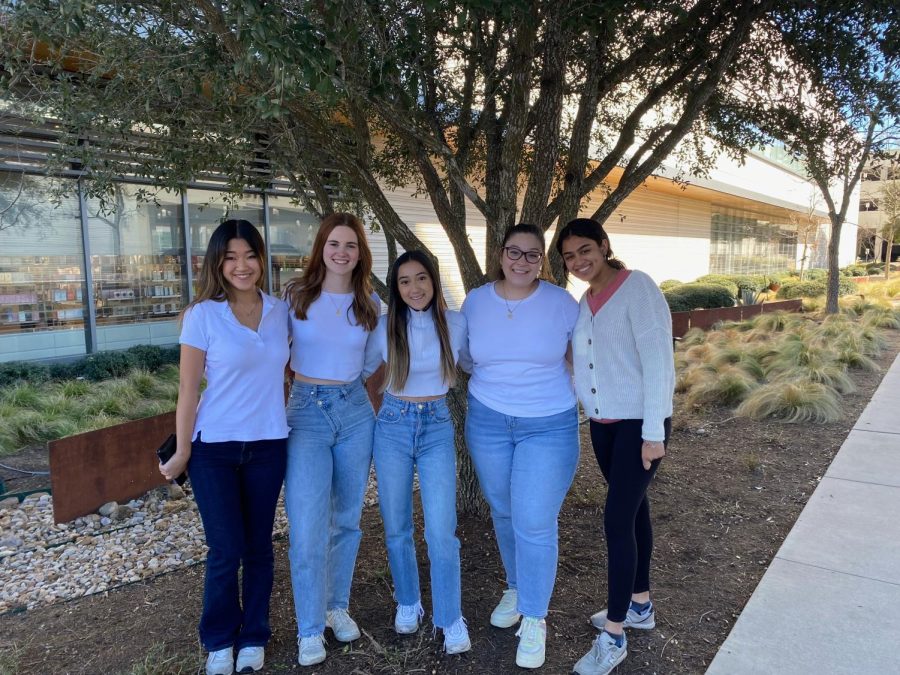UT student creates Locket to help teens, young adults get access to birth control
March 1, 2022
Editor’s Note: This article was first published in the Feb. 25, 2022 flipbook. You can find more information about Locket on their website or Instagram
Growing up, Alyssa Le never shied away from talking about the birds and the bees. With her dad, a practicing gynecologist, in her corner, Le always felt comfortable asking questions about her body.
“I’ve had a space and an outlet where I can get accurate information about the millions of questions that I have about my body,” said Le, a business honors and management information systems sophomore. “That was something I really valued.”
Hoping to share that space with others, in 2020, Le started Locket, a Texas-based social venture aiming to provide minors and young adults with a safe space for information about and access to birth control with or without parental consent. Born out of the Social Entrepreneurship Learning Lab, a fellowship program that allows undergraduate students to create social ventures for their community, Locket provides free, virtual consultations and an anonymous chat line.
“Being able to know your birth control options or how things work, even if you don’t even want it, is something extremely empowering,” Le said. “You’re recognizing that you do have a choice and options when it comes to reproductive health. We allow people to take ownership over their bodies.”
According to Kristine Hopkins, project lead of the UT Austin College Health Study, Texas policies, such as Texas being one of the few states that requires parental permission for minors to seek contraceptive services, make birth control and education on reproductive health inaccessible.
While Le didn’t struggle with a lack of access, finances or familial support when seeking out birth control herself, she said she recognized her experience didn’t represent the norm and wanted to help others in different situations.
“That’s where my passion really started,” Le said. “Just wondering about what other (people) feel when they’re in this position, and they don’t have nearly as great circumstances as I do.”
Sruthi Ramaswamy, a sophomore chemical engineering and Plan II major and member of the eight-person Locket team, became more passionate about reproductive rights and health after taking a class called “Sex and Society.”
“(It was) super eye-opening for me, and it made me really angry about what the (current) climate is,“ Ramaswamy said. “I wanted to be more involved and have a more tangible role in finding a way to make a difference.”
Locket does not give medical advice but instead offers information regarding birth control and contraceptive concerns.
“Google doesn’t always give you consistent answers,” Le said. “There’s a lot of power (in) young adults being able to aid teenagers. There’s something scary about talking to a 40-year-old about issues that you’re facing that you feel like they’re leagues away from understanding.”
Locket’s clients include UT students, but its main target demographic is high school students in Texas. Le and her team are currently working to create a sex ed curriculum for high schoolers, by young adults.
“You’re recognizing that you have a choice and options when it comes to reproductive health,” Le said. “Especially when the education system has clearly failed when it comes to a lot of aspects of sex ed, including contraception.”
Le said she ultimately hopes to achieve a larger mission of helping young people to be more conscious about their sexual health.
“The broader impact is that people are more confident in asking questions about their body. It’s not a hush-hush situation, (or) something they should be ashamed of,” Le said. “If they have questions, it’s something that should be welcomed, especially in the new generation. Hopefully, in the future, that feeling of body autonomy is something that they can pass on to their kids.”











